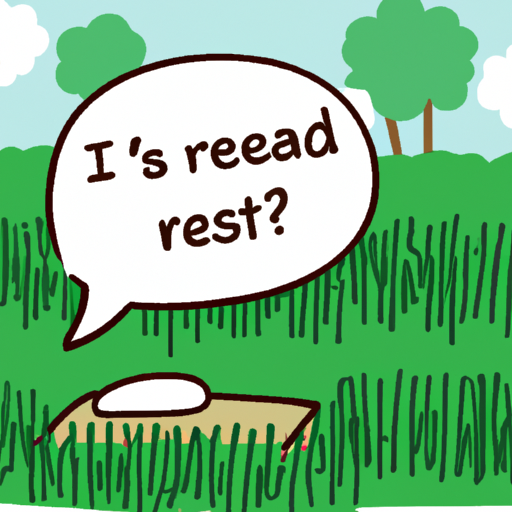Japan's Ministry of Agriculture, Forestry, and Fisheries (MAFF) has issued a public apology regarding their previous statement asserting adequate levels of rice supply in the country. The apology comes following public uproar from farmers and consumers alike who have voiced concern over limited supply and rising prices. The controversy is raising questions on the government's ability to accurately assess and communicate around national food security issues, especially regarding the staple crop, rice.
Rice is a staple food in Japan and its availability is of paramount importance to the Japanese populace. The government's reassurance regarding the adequacy and an apology later is taken seriously, with social values highlighting truthfulness and the welfare of the people. Consequently, the controversy might affect public trust in governmental institutions and deepen concerns about domestic agricultural policies and food security.
In comparison to the US or the EU, where food security challenges are typically related to access and affordability rather than availability, Japan, being heavily reliant on domestic rice production, deals with different issues. Similar miscommunication in the US or EU would likely be met with comparable dissatisfaction and calls for accountability.

